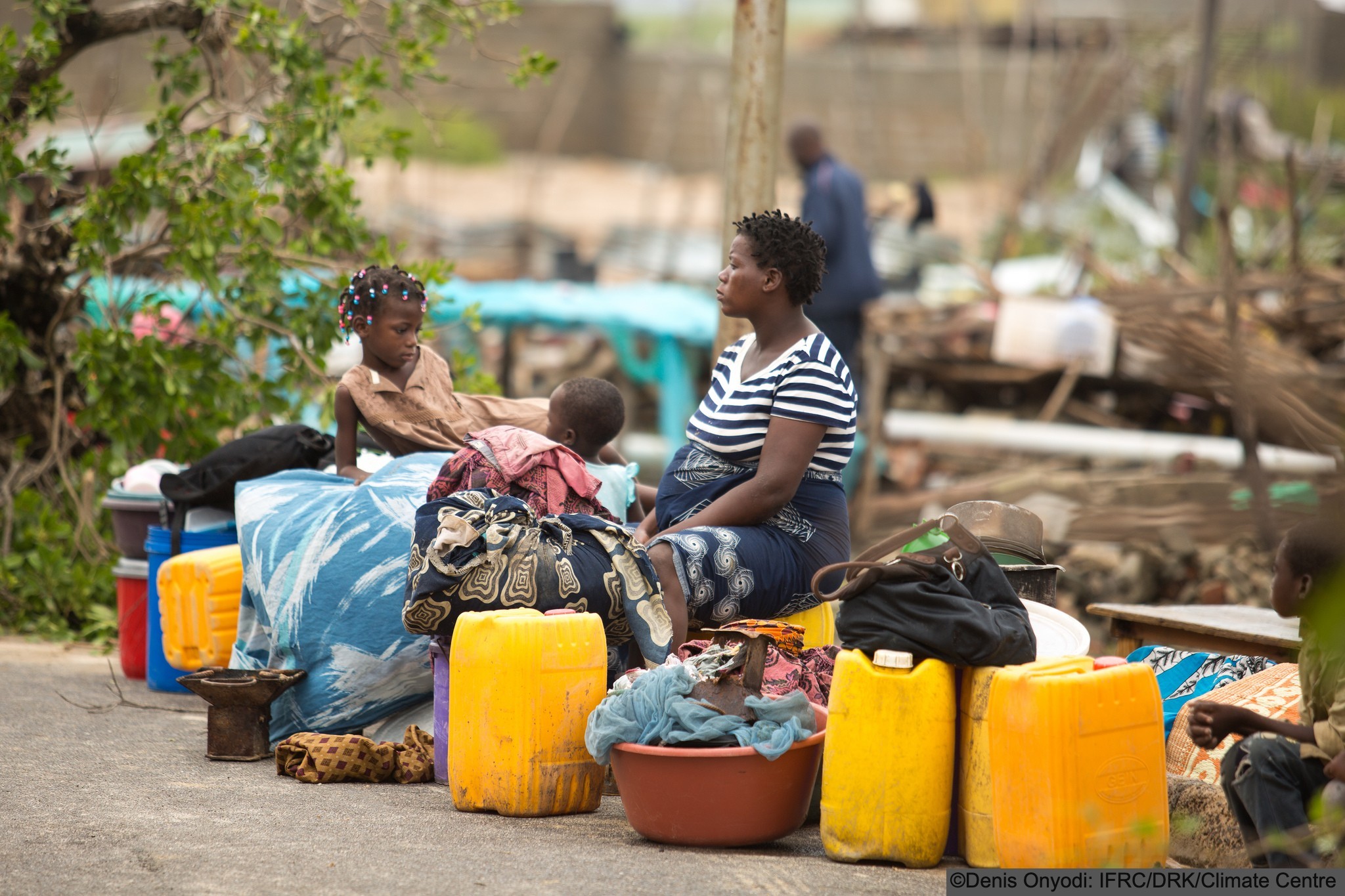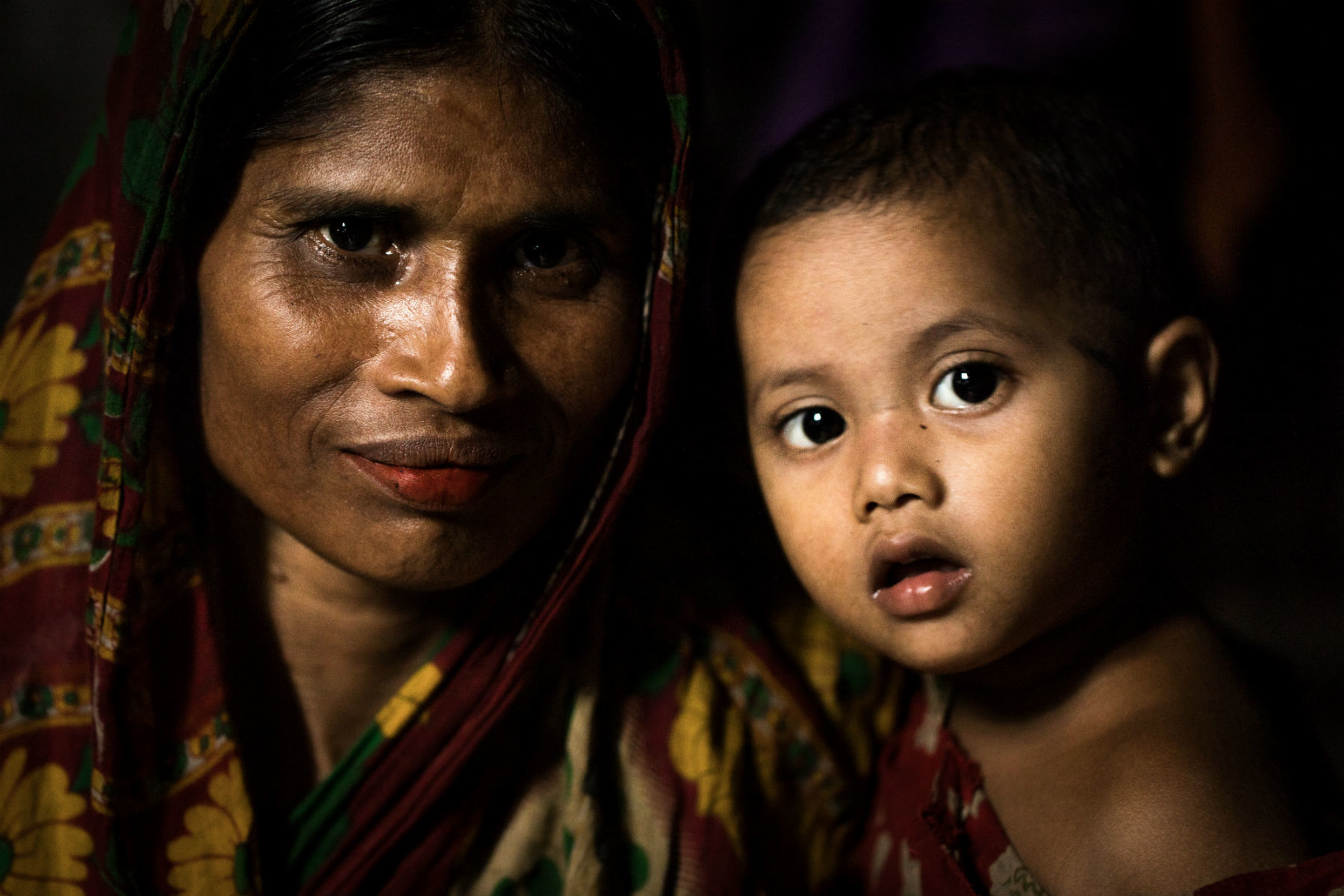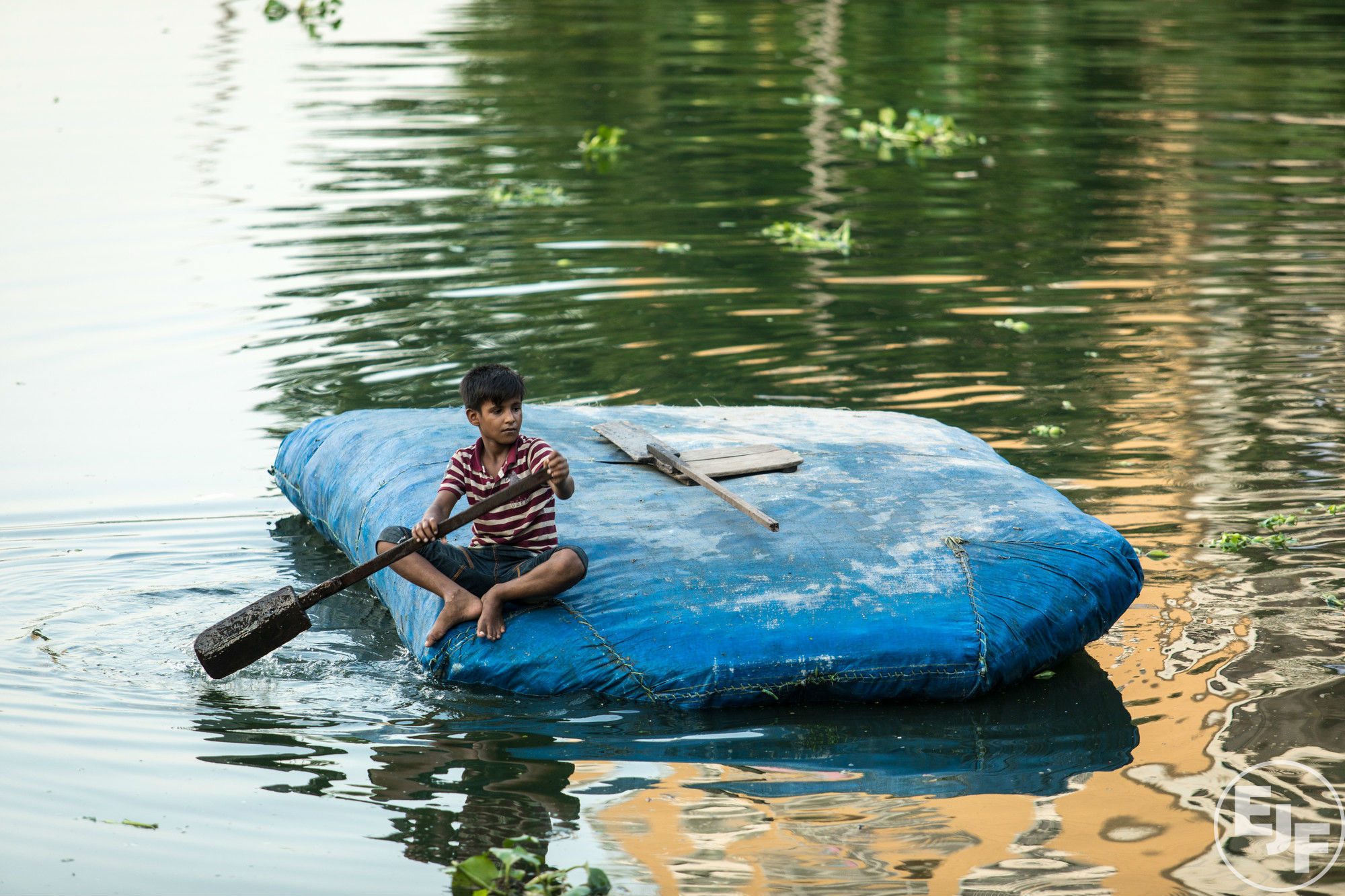
Cyclone Idai 'climate injustice wake up call'
Cyclone Idai is one wake-up call among many. The climate crisis is here and developed nations must step-up to halt global warming and protect climate refugees.
Cyclone Idai is just one of many disastrous extreme weather events to hit the southern hemisphere.
As it ripped across Mozambique, Malawi and Zimbabwe, more than 1.8 million people were affected, and more than 700 are now dead. That count was expected to rise.
People have been stranded on roof tops, with water stretching for miles in every direction around them. Rescuers have been forced to drop food and move on, leaving the storm's victims helpless as they hasten to more urgent cases.
Humanitarian crisis
In the coming months these immediate tragedies will be followed by more, although they won’t make the front pages. The loss of homes and schools, the devastation of agricultural land, the loss of livelihoods will exacerbate poverty, erode food security and ruin people’s lives.
We know that there is a direct link between global warming and cyclone intensity.
We know, too, that Mozambique, Malawi and Zimbabwe produce only a fraction of the greenhouse gas emissions that come from the world’s more developed nations. They have had far fewer of the benefits that can be reaped from heavily carbon-based economies.
This is a pattern that plays out across the world: the first and worst impacts of climate change are being felt by the world’s poorest, who have contributed the least to the warming of our world.
Already, millions of people have been forced from their homes and a growing number have lost their lives around the world. Climate change is a crisis for all the Earth’s ecosystems, but it also presents a humanitarian crisis on a scale the world has never seen before.
Forced migration
While these poorest might be the first to experience the impacts of climate change, they are far from the last.
Climate change will also force migration in the world’s developed nations, along with economic and social disruption, political discontent and increasing conflict.
Remember the impact of just one extreme weather event – Hurricane Katrina – as it hit the world’s wealthiest nation, the United States: 800,000 people were made homeless; more than 1,830 people died and federal disaster declarations covered 90,000 square miles.
What followed Katrina was perhaps the largest forced migration of people in American history.
Texas took in 300,000 refugees; Houston 35,000, Chicago over 6,000. Initial cost estimates put damages at more than $81 billion.
Global warming
All nations, especially developed countries, need to step up and step up now. The full ambition of the Paris Agreement must be realised to achieve a wholesale transformation to a zero-carbon economy.
A global shift to renewable energy would see economic, social and environmental benefits for all countries.
Put crudely, there are jobs and money to be found in renewable energy that, in the long-term, would far outweigh petro-chemicals.
Renewable energy sources could also deliver energy independence – and with it vast associated benefits – to the world’s poor, transforming lives for the better.
By combatting this vast global injustice, the developed world will also be serving its own interests, preventing the catastrophic impacts of runaway global warming and delivering a green dividend of immense value.
Protecting refugees
But we must not forget those already suffering the impacts of climate change.
As part of our research at the Environmental Justice Foundation we have met with many who are on the frontlines of climate change.
In Dhaka’s slums in Bangladesh, people told us that they had been forced from their rural homes and lands because of the destruction wrought by the increasingly frequent and violent cyclones funnelling across the Bay of Bengal.
On the opposite side of the world, we spoke to the indigenous Sami people in the Arctic. During the last decade, Arctic temperatures have risen almost twice as much as the global average. Unusual levels of rainfall are creating thick layers of ice on top of the snow, meaning reindeer cannot dig through it.
Unable to reach the lichen below, they starve. The Sami people, who have been reindeer herders since before records began, are losing not only a livelihood but an entire culture.
Extreme poverty
Climate change is already taking people’s homes and livelihoods. But it is also a ‘threat multiplier’, driving the likelihood of violent conflict arising from pre-existing interactions between political, economic, religious, ethnic or other cultural forces.
Climate change will exacerbate extreme poverty, food insecurity and inequitable access to freshwater.
Advances in combatting food and water insecurity, poverty, inequality and toward promoting environmental sustainability, healthcare, education and peace all stand to be undermined as our world heats up. Humanity will find itself inundated by too much water and damned by too little.
Those we met in Dhaka’s slums talked of water and power shortages, disease, crime and overcrowding. A taste of things to come.
The people already forced from their homes need protection. It is an international disgrace that there is no legally binding agreement on how to protect climate refugees.
Cutting emissions
We need such an agreement to give definition and status to climate refugees; to define rights and obligations, and to coordinate and combine our actions so that they are effective.
Climate change is not a distant threat. It is happening here and now, and in communities across the world. Yet collectively we have the chance to put this right.
The IPCC report stated that if we act now it is both affordable and feasible to limit warming to 1.5°C.
We have the tools and technology and we can achieve this if governments reduce our carbon emissions on a wide, cross-sector scale, without delay.
Disastrous climate change is not yet inevitable, it is a political choice. And one for which future generations will hold us responsible.
- This piece was originally published by The Ecologist, and is reposted with permission.

